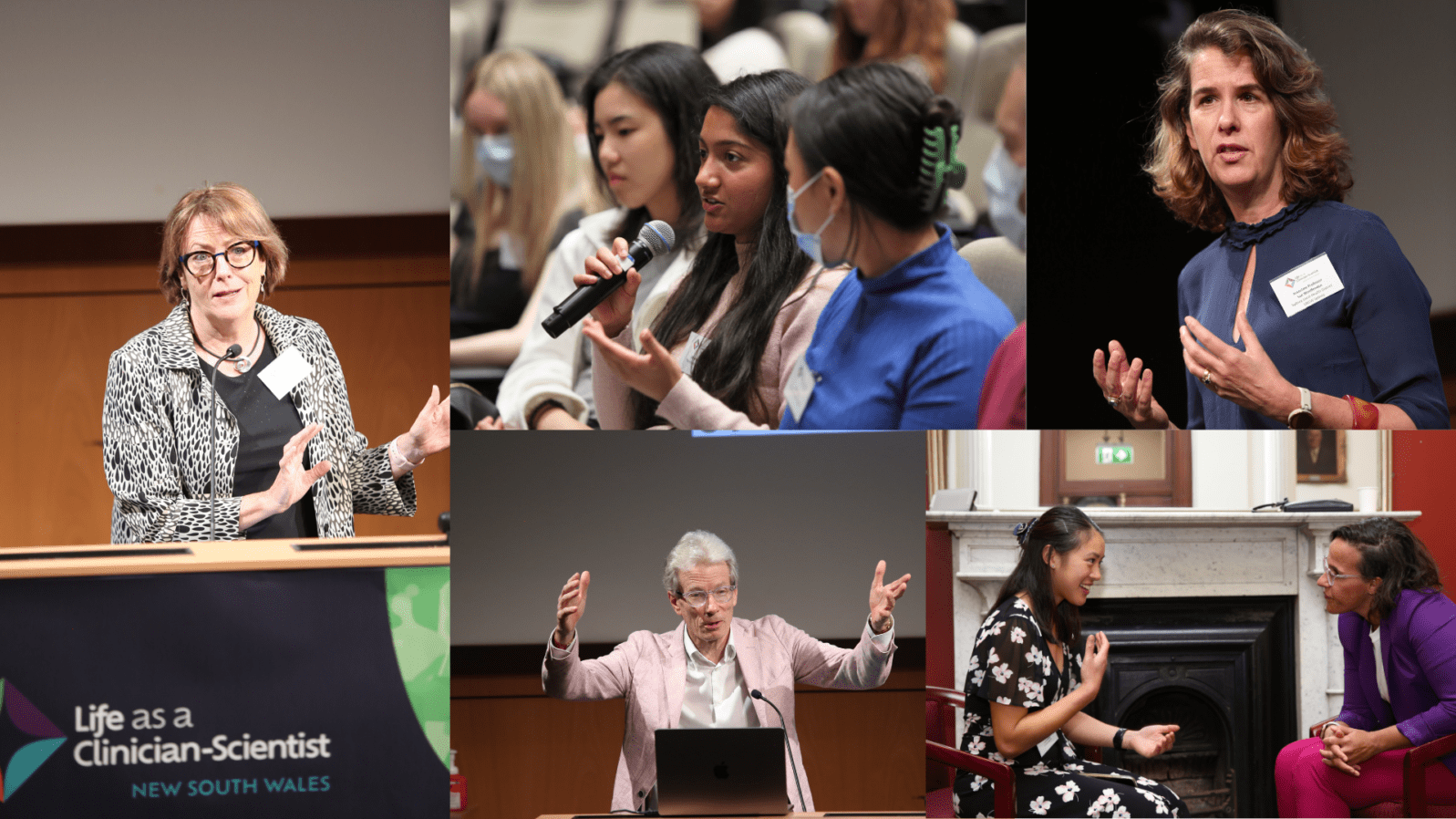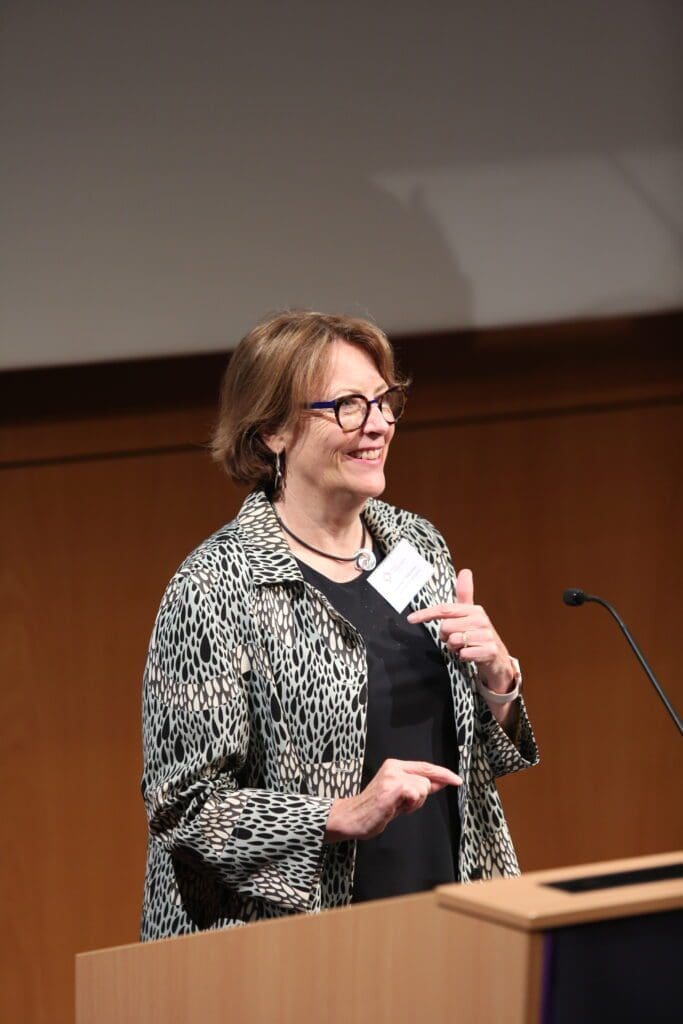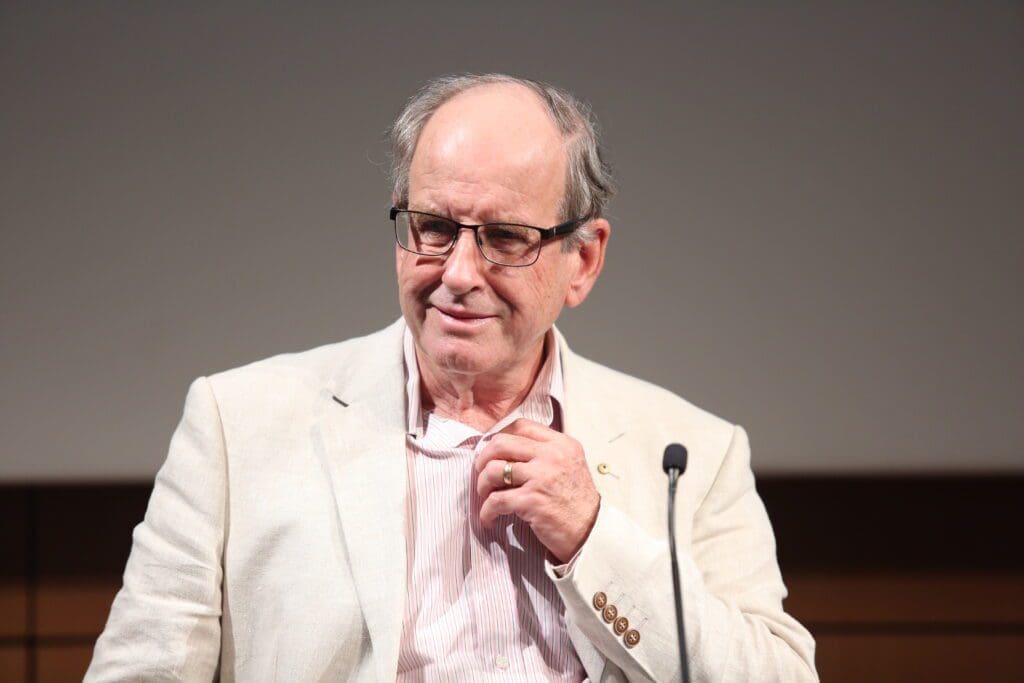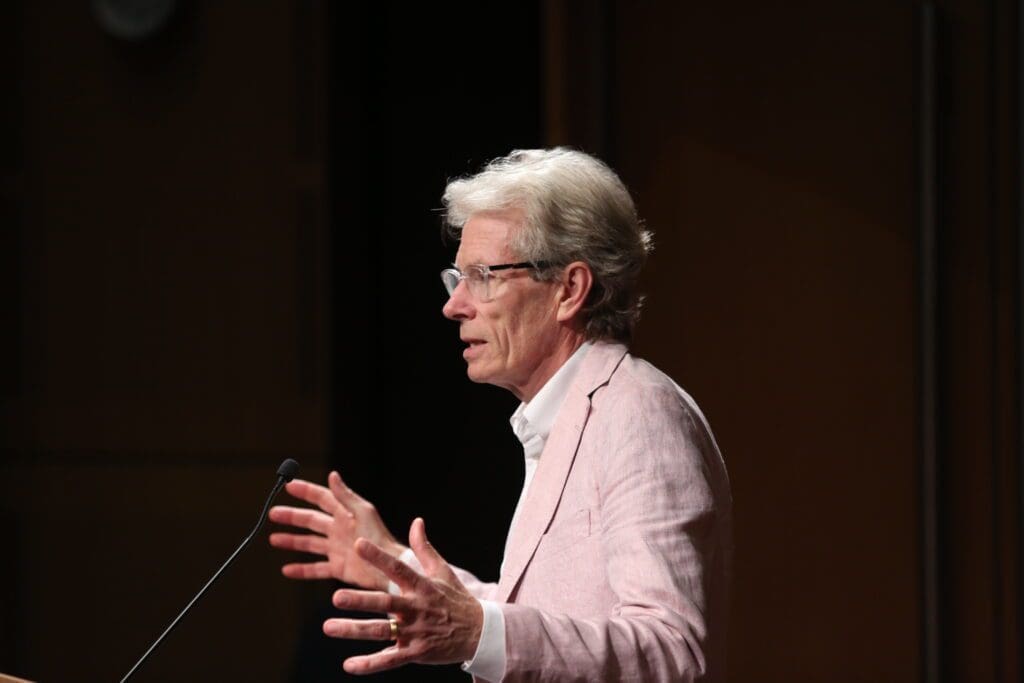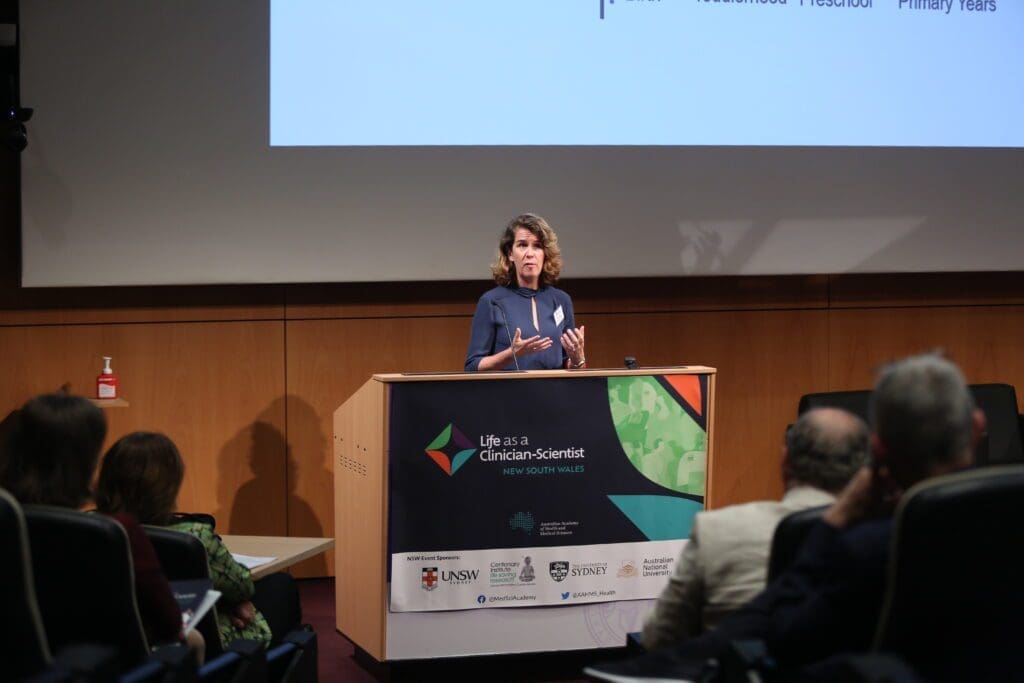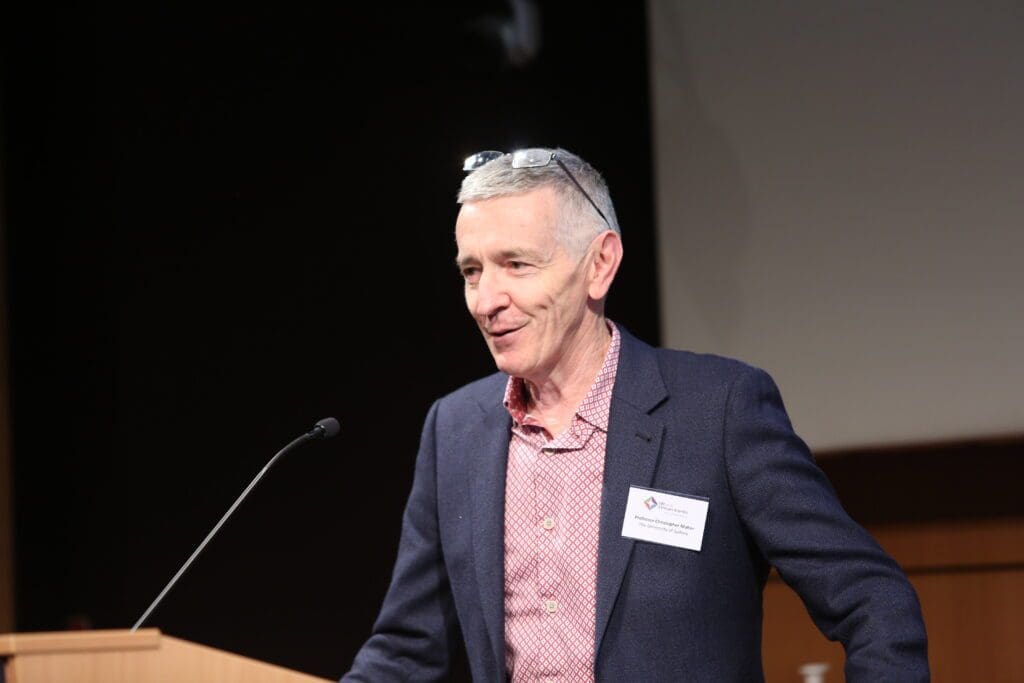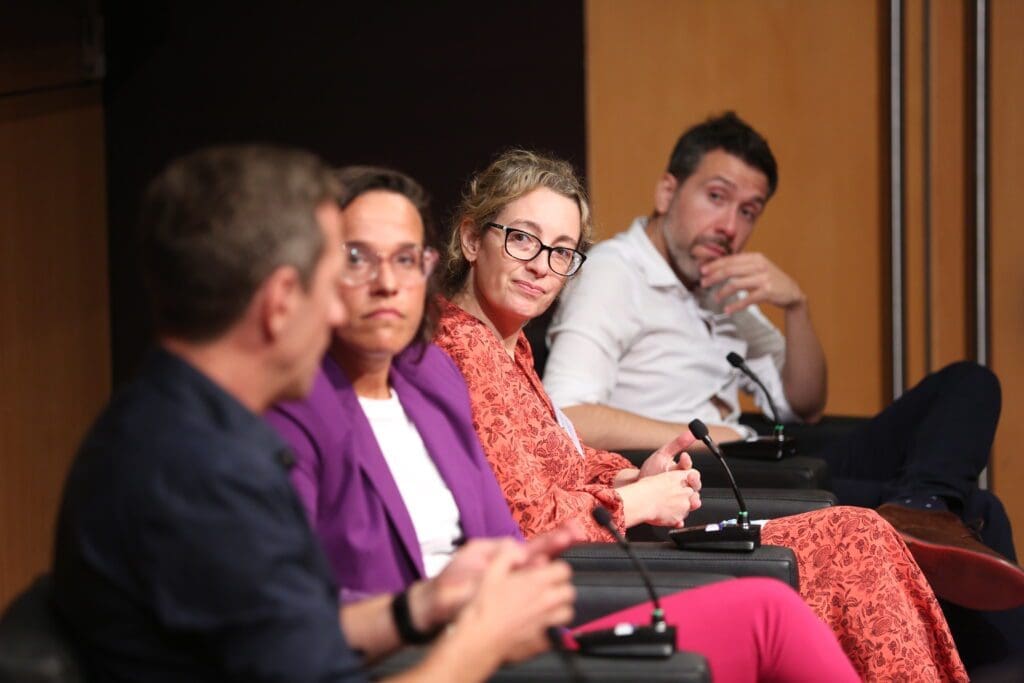From physiotherapy to paediatrics, obstetrics to immunology, clinician-scientists come from all different disciplines and professional backgrounds. Earlier this year, some of New South Wales’ top clinician researchers shared their wisdom at the first Life as a Clinician-Scientist symposium for 2023.
Recordings from this event are now available in our video library, with highlights from speaker presentations outlined below.
Be an authentic leader
Professor Cheryl Jones FAHMS, Dean and Head of School at Sydney Medical School, The University of Sydney, understands the importance of honesty as a leader. She had some advice for people interested in seeking leadership positions in the field of health and medicine.
“Channel your inner Jacinda Ardern,” she said. “It’s really important to be an authentic and brave leader.”
This includes seeking feedback, confronting reality, and accepting that no one is perfect.
As a clinician-scientist, Professor Jones highlighted the importance of asking the right questions in your research. She suggested starting with a question that you think is important – but then going a step further to make sure the question is original. “Try and think of different ways of thinking about what could be a really difficult question to ask, and check to see if anyone else has asked that question.”
Bring your experience to the table
Life as a clinician-scientist researcher is not a “soft option”, according to Professor Warwick Britton AO FAHMS, Research Director, Sydney Local Health District; and Head of Tuberculosis Research Program at Centenary Institute.
“You have to be good as a clinician, and you have to be good as a scientist,” he said. “Your research is informed by your clinical experience. You’re bringing to the table a clinical perspective.”
Professor Britton highlighted the need for clinician-researchers to undergo rigorous scientific training in research methods and to become statistically literate, regardless of whether you are doing clinical trials or qualitative research. This includes participating in ongoing projects, since research is “the ultimate team game.”
“The best way to learn to do research, is to do research,” he said.
Experience an antidote to boredom
Professor Nicholas Fisk AM FAHMS is Deputy Vice Chancellor (Research) at The University of New South Wales. He is also an obstetrician and fetal medicine specialist, and has completed his MBA as well as PhD.
For Professor Fisk, the joy in being a clinician-scientist is that you have several careers – something he described as “an antidote to boredom.”
“You really do get to operate at the cutting edge of a discipline,” he explained.
Professor Fisk had advice for researchers who may not be sure where to start to secure funding. He suggested setting a stretch target, and working hard on your proposal. “Getting started is probably the hardest bit. You have to look widely for any opportunity you can,” he said.
He also highlighted the importance of working in teams, making sure your institution is aware of you and your work, and not taking any shortcuts with ethics or integrity.
Develop your mission statement and be prepared to adapt it
Associate Professor Sue Woolfenden is Director of Community Paediatrics, Sydney Local Health District; and Clinical Professor, Sydney Medical School, The University of Sydney. As a paediatrician-scientist specialising in community paediatrics, her clinical experience has been essential to inform her research.
“For me, research is another way of treating a patient, I’m just treating a population,” she said.
Associate Professor Woolfenden is particularly interested in health inequities due to the social determinants of health – this can refer to an inequality that is unjust, unfair, preventable, systematic and unaffordable, and includes things like poverty, food security, access to housing, and access to health.
“Not doing anything about inequities is incredibly expensive for the health system,” she explained.
For Associate Professor Woolfenden, her journey to become a clinician-scientist was not linear, with a decade “learning her craft” before starting her PhD, but her advice is to work out what you want to achieve, develop your mission statement, and be prepared to adapt it. “Don’t make other people’s goals your own,” she said. “Academic work can get quite egocentric – whenever I got stressed, I’d go, ‘This isn’t about me, it’s about making a difference’.”
Be brave in the face of professional pressure
Standing up to pharmaceutical giants can be all in a day’s work for a clinician-scientist – but sometimes colleagues with vested interests pose even more of a professional challenge.
Professor Chris Maher FAHMS is Director of The Institute for Musculoskeletal Health at The University of Sydney. His work has included clinical trials and systemic reviews of the use of paracetamol to treat back pain, which has been proven to be ineffective, as well as the use of pregabalin, which can have serious side effects.
Pushing back against “deceptive marketing” from drug companies is one thing, but Professor Maher said pressure from industry and clinicians can be more challenging. “You have to be brave and be prepared for push back from professions and industry,” he said.
Professor Fisk’s research focus on implementation science and translation pathways comes down to his desire to see physiotherapy best practices to be based on evidence. “I want physiotherapists to be renumerated for treatments that work. I don’t want them to be renumerated for treatments that are ineffective or harmful.”
Find your pathway as a clinician-scientist
Experts at various career stages discussed challenges they have faced over the course of their career in the final panel session at the 2023 Life as a Clinician-Scientist New South Wales symposium.
The session included panellists:
- Dr Noemi Fuentes-Bolanos
Paediatric Oncologist and Clinical Cancer Geneticist, Kids Cancer Centre
Researcher, Children’s Cancer Institute - Dr Carlos Garcia-Esperon
Director, Hunter Stroke Services, John Hunter Hospital - Professor Natasha Rogers
Head of Transplantation/Head, Kidney Injury Group, the Westmead Institute - Associate Professor Justin Skowno
Paediatric Anaesthetist and Researcher, Children’s Hospital at Westmead
Watch a recording of the panel discussion here.
Find out about upcoming events on our Event page.

